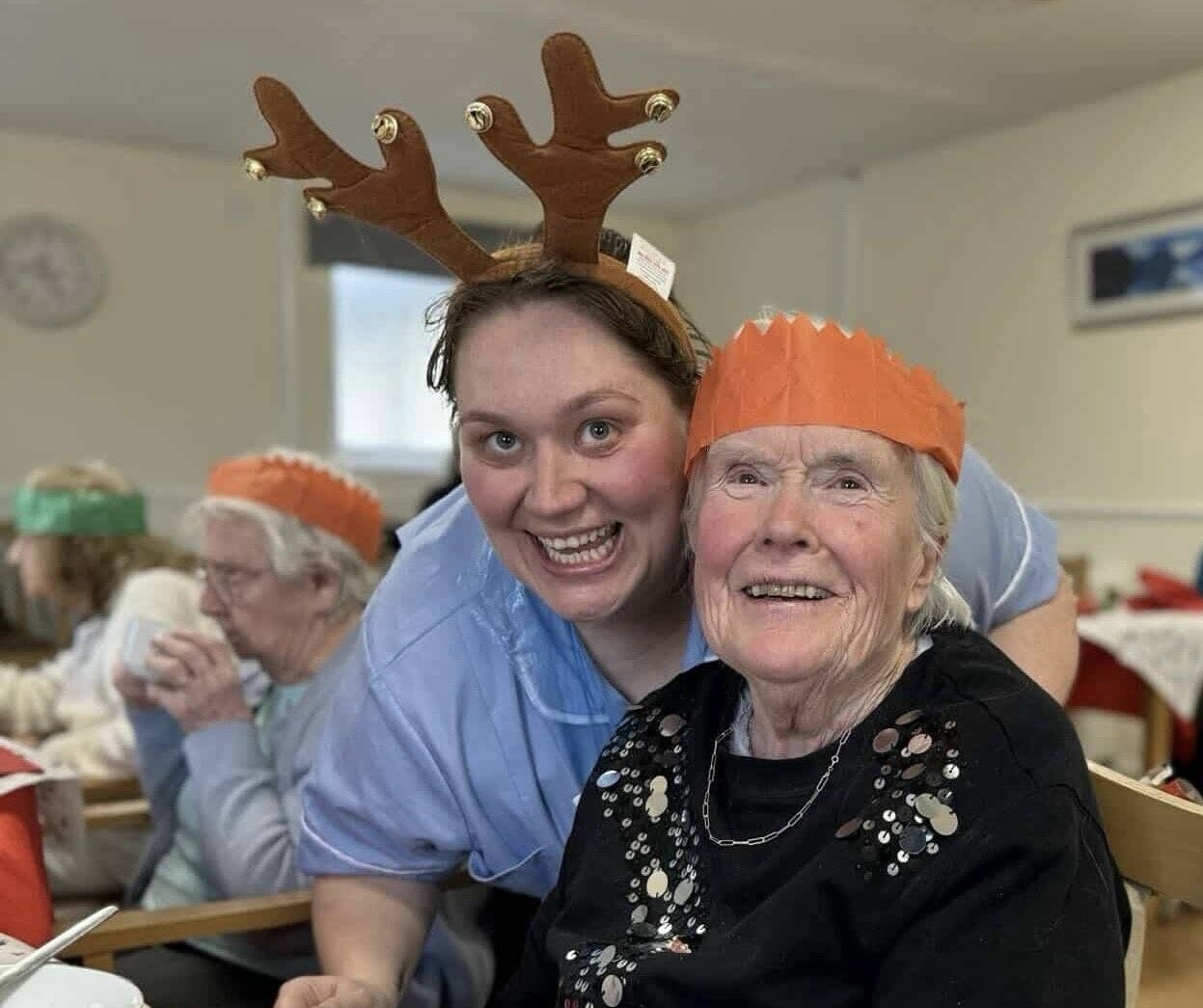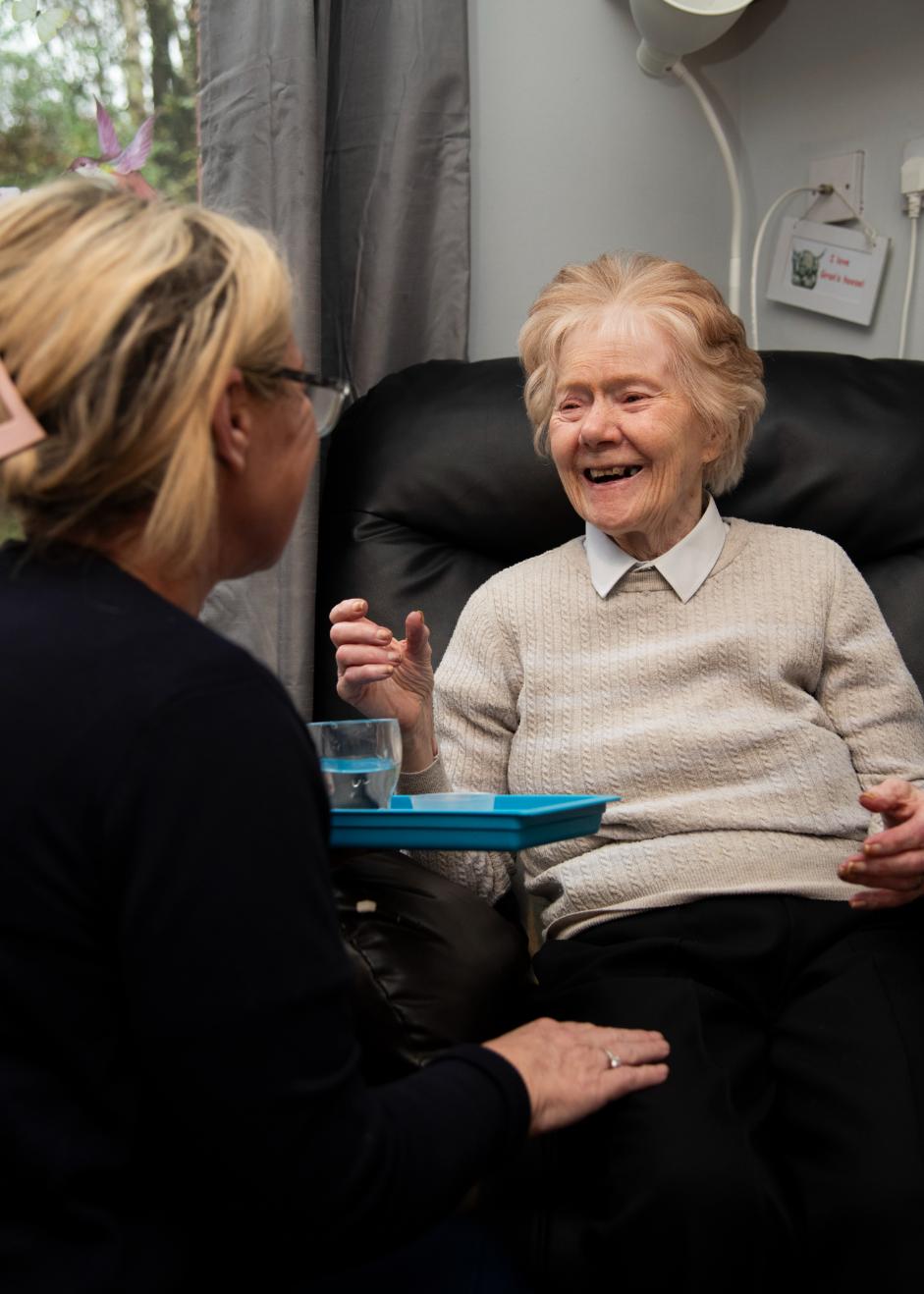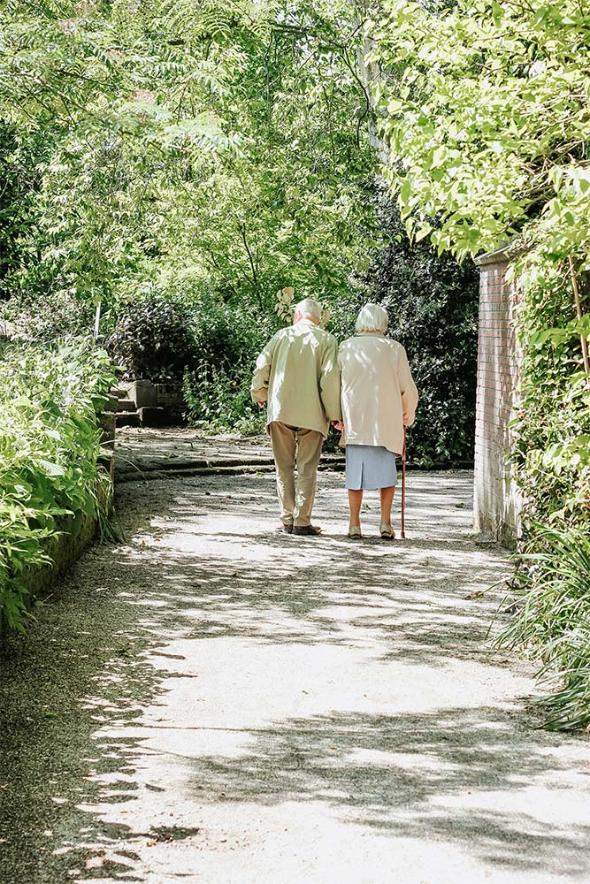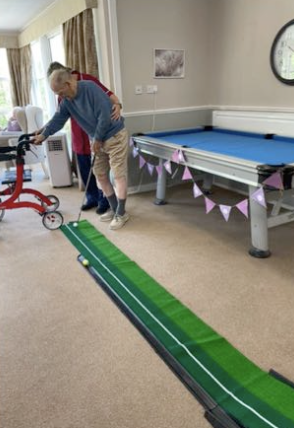6 Signs It’s Time To Consider A Care Home
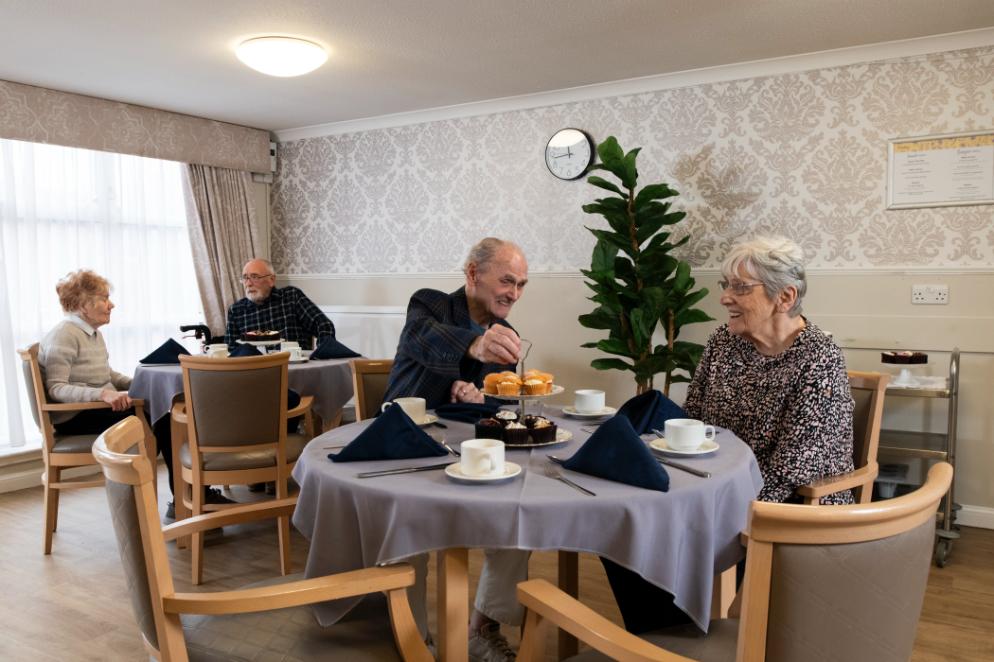
Caring for ageing parents or a loved one at home can be a rewarding experience, but also a challenging journey. When everyday tasks like personal hygiene, preparing nutritious meals, managing medications, and maintaining household chores become harder to handle, it may be time to think about additional support. Sometimes, concerns about safety, mobility issues, or mental health changes mean professional care could greatly improve quality of life. Family members often find themselves stretched thin trying to balance their own health with caring responsibilities. Recognising when it might be the right moment to explore care homes is important not only for the well-being of your loved one but also for your peace of mind. In this guide, we’ll gently walk through six key signs it might be time to seek advice and consider the extra support that a care home can provide.
Sign 1: Difficulty Managing Daily Tasks
As ageing progresses, managing everyday life can become increasingly challenging for your loved one. Simple tasks like cooking, cleaning, personal hygiene, and household chores, which once were easy, may start to feel overwhelming. You might notice that meals are missed, laundry piles up, or clutter accumulates around the home. These changes can be signs of declining independence and signal that your loved one needs more support. Physical limitations such as weak grip, joint pain, or fatigue can make these tasks harder to complete. Cognitive issues or memory problems may also contribute to missed medication doses or expired food. If these signs are becoming apparent, it is important to consider whether professional care or a care home might provide the extra assistance needed to maintain safe and healthy daily activities.
Sign 2: Increased Risk of Falls or Safety Concerns
Falls are one of the most common and serious risks for older adults living at home. Frequent falls, injuries, or accidents often happen because of mobility limitations, such as difficulty walking, poor balance, or using mobility aids. It is important to watch for signs like unsteady gait, reliance on furniture or walls for support, or recent falls. Safety concerns may also arise from household hazards such as loose rugs, poor lighting, cluttered walkways, or forgetting to turn off appliances like stoves or irons. These risks underline the need for a safer environment, which a care home is specially equipped to provide. Care homes offer tailored safety measures, including grab rails, non-slip floors, emergency alert systems, and staff support to reduce the chance of falls and injuries. Recognising these warning signs early can help protect your loved one’s wellbeing and reduce the chances of more falls, providing peace of mind for family members.
Sign 3: Health Needs Outpacing Home Care or Medication Issues
As health needs grow more complex, it can become difficult for home care or family members to fully meet the level of support required. Physical health problems may worsen, or mental health concerns, such as confusion and memory loss, can make independent living unsafe. Medication management is often a significant challenge. Missed doses or incorrect medication intake are common when older adults struggle with complex regimens, cognitive decline, or physical difficulties like opening bottles. This can lead to worsening health conditions and increased hospital visits. When these issues arise, professional nursing care and supervision become crucial. Care homes provide regular medication administration and monitoring by trained staff, ensuring health needs are managed safely and effectively, relieving pressure on family carers and improving overall wellbeing for your loved one.
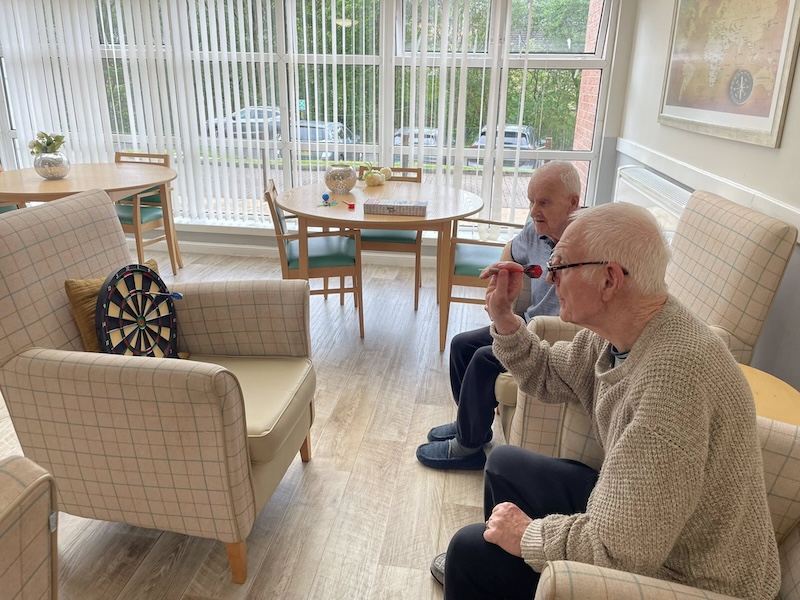
Sign 4: Social Isolation and Loss of Interest
Social isolation can be a quiet but serious challenge for many older adults. When a loved one starts to withdraw from family and friends, avoids social activities, or loses interest in hobbies they once enjoyed, it can deeply affect their mental health. Feelings of loneliness and sadness may grow, sometimes leading to anxiety or depression. This emotional isolation often impacts physical health as well, reducing motivation to maintain healthy eating habits or participate in daily life activities. Care home communities play a vital role in counteracting these effects by offering regular social interaction, helping residents make new friends, and providing meaningful activities tailored to individual interests. Being part of a supportive environment helps improve wellbeing, self-esteem, and quality of life for those who might otherwise feel alone. Recognising these signs early allows families to find supportive solutions that nurture connection and mental health.
Sign 5: Behavioural Changes or Cognitive Decline
One of the more concerning signs that it may be time to consider a care home involves noticeable changes in behaviour and cognitive function. Confusion, disorientation, and forgetfulness can compromise safety and daily living. You may notice your loved one struggling to recall recent events, getting lost in familiar places, or becoming easily overwhelmed by planning and decision-making tasks. These changes are often linked to dementia or other cognitive impairments that increase the need for supervision and structured support. Behavioural symptoms such as increased anxiety, mood swings, or agitation may also develop, making it harder for family members to provide adequate care at home. Care homes offer a safe and supportive environment with professional carers trained to manage personal care and these cognitive challenges while preserving dignity and promoting wellbeing.
Sign 6: Carer Burnout or Family Overwhelm
Caring for a loved one can be deeply rewarding but also physically, emotionally, and mentally exhausting. Family caregivers often juggle their own health, work responsibilities, and personal lives while trying to meet the growing needs of their ageing relatives. Over time, this unrelenting pressure can lead to caregiver burnout, a state of chronic fatigue characterised by physical symptoms such as headaches, frequent illnesses, and changes in appetite or sleep patterns. Many caregivers also experience emotional symptoms, including irritability, anxiety, feelings of hopelessness, and depression. Cognitive difficulties like trouble concentrating or making decisions may arise, and caregivers might withdraw from social connections and neglect their own self-care. Recognising these signs early is crucial because caregiver burnout affects not only the caregiver’s wellbeing but also the quality of care they can provide. Residential care offers professional support and relief for families, helping to ease the burden by ensuring loved ones receive consistent, expert care, while family members regain time for rest, health, and quality time together.
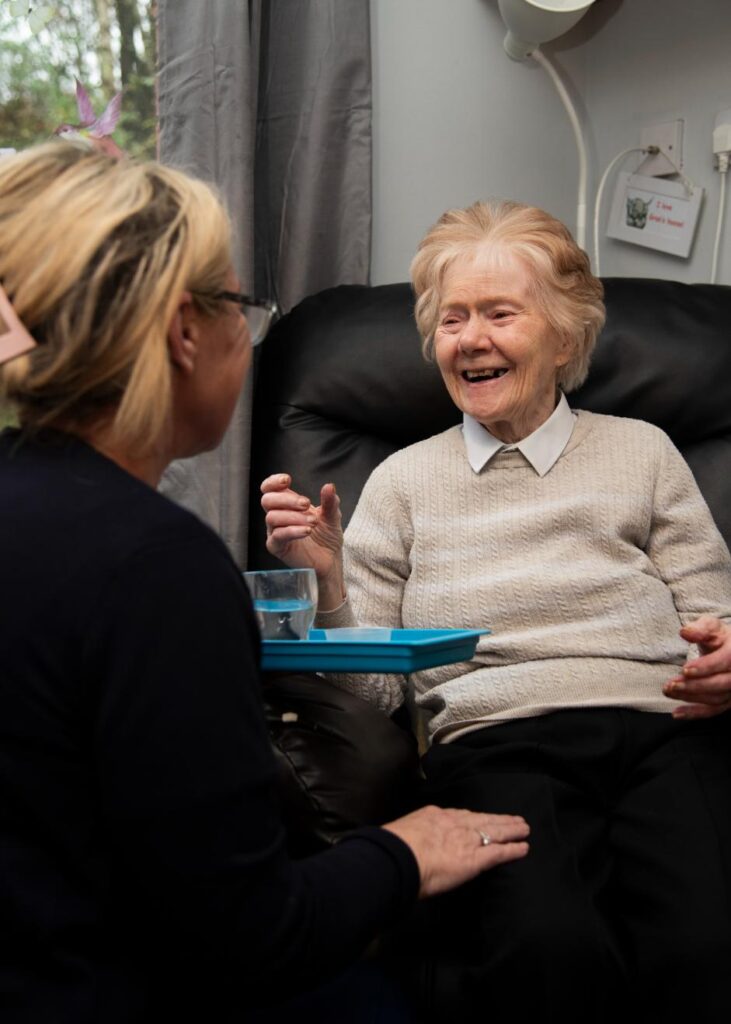
Taking the Next Steps to Support Your Loved One in Scotland
Recognising the signs that it might be time to consider a care home is an important step towards ensuring the best possible quality of life for your loved one and your family. Whether it is difficulty managing daily tasks, increased falls risk, health needs that outpace home care, social isolation, cognitive changes, or caregiver burnout, these indicators should prompt a broader conversation with healthcare professionals. Early and thoughtful decision-making can make a significant difference in promoting necessary support, safety, wellbeing, and happiness.
If you feel these signs resonate with your situation, consider reaching out to a trusted care provider like Campsie View Care Home. Located in Kirkintilloch, Campsie View offers compassionate, personalised care in a warm and homely environment. Our experienced team supports residents with specialised nursing, dementia care, and a vibrant community life designed to improve wellbeing and independence. Contact us for a chat, and take a positive step toward peace of mind and enhanced quality of life for everyone involved.

